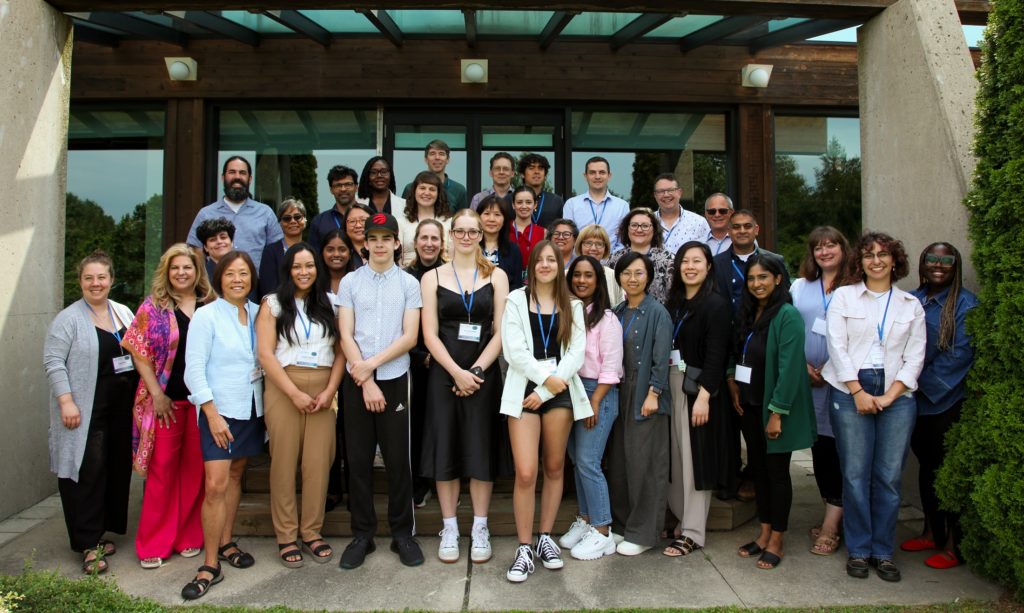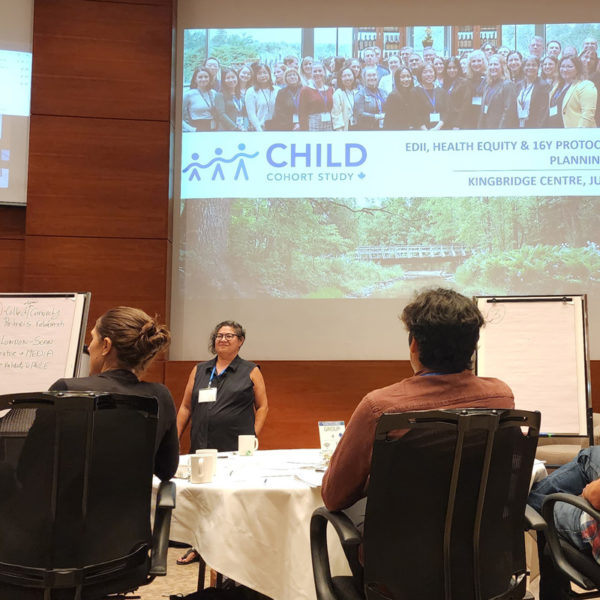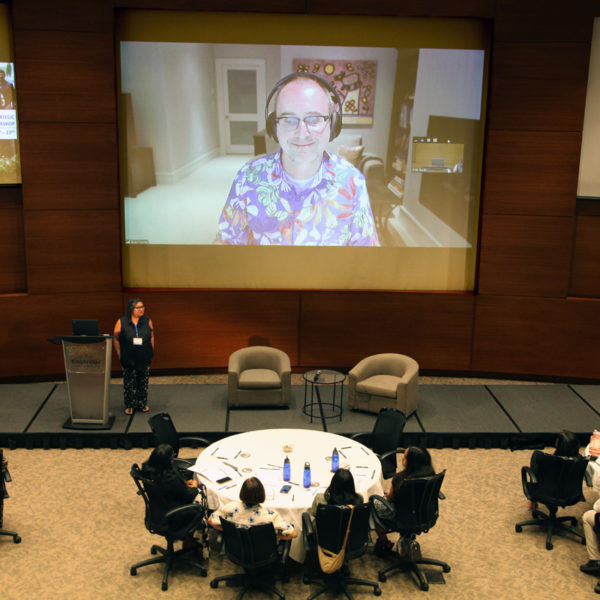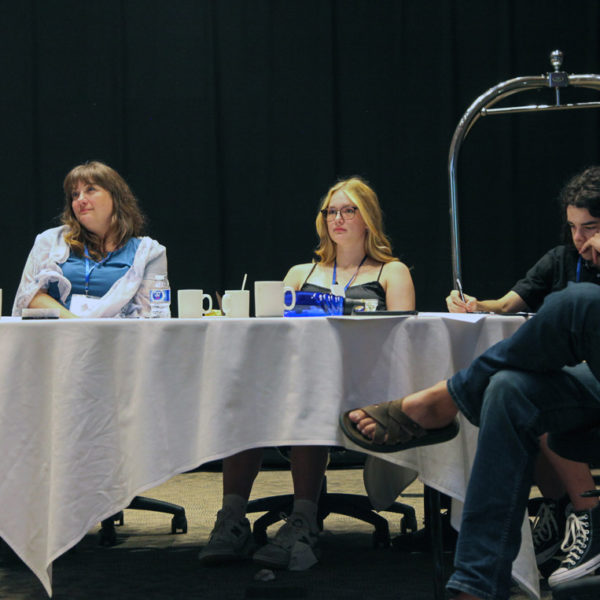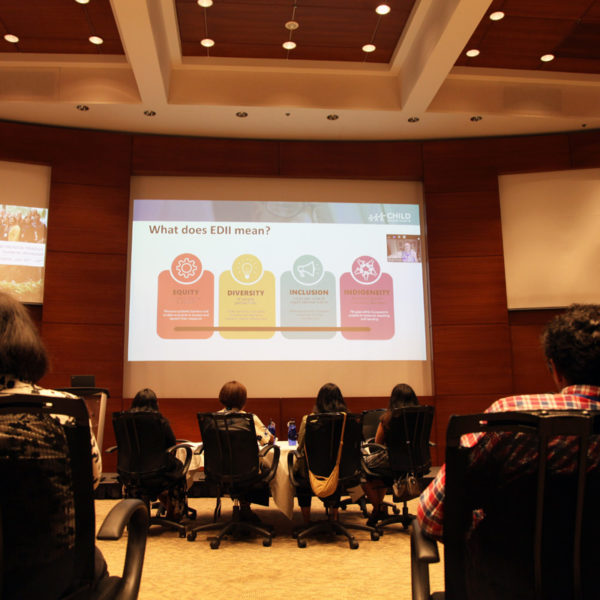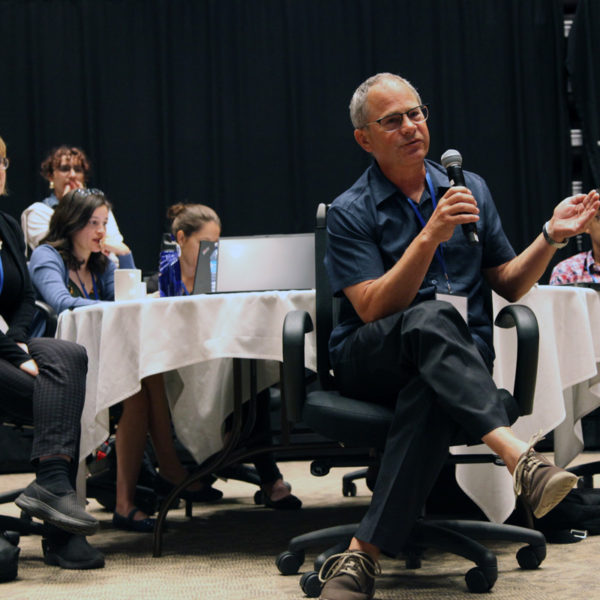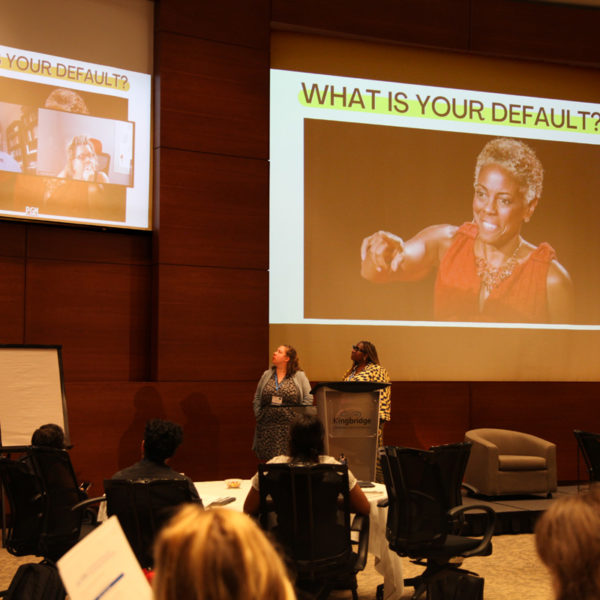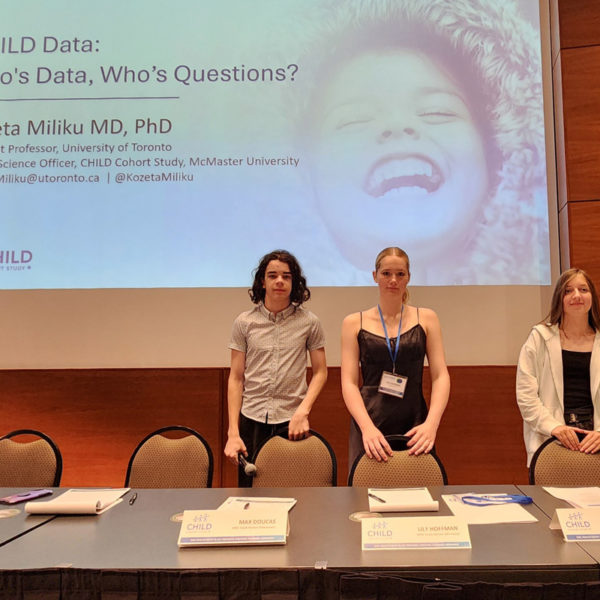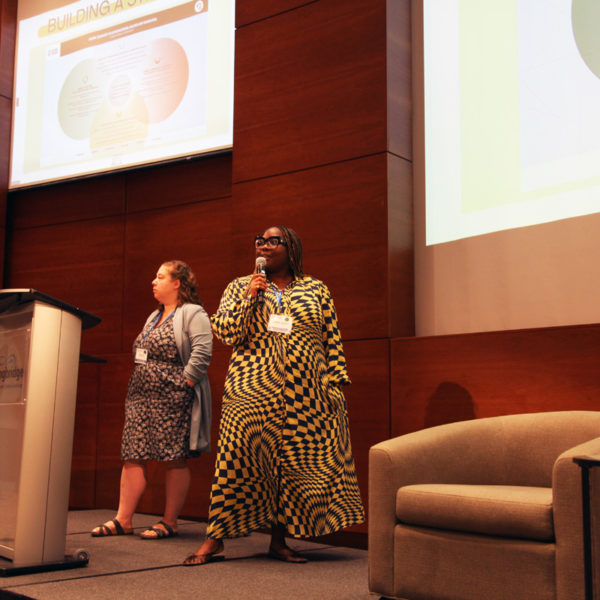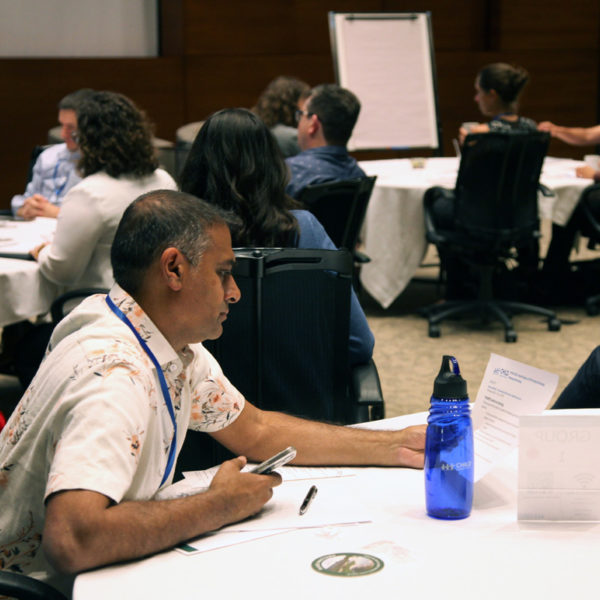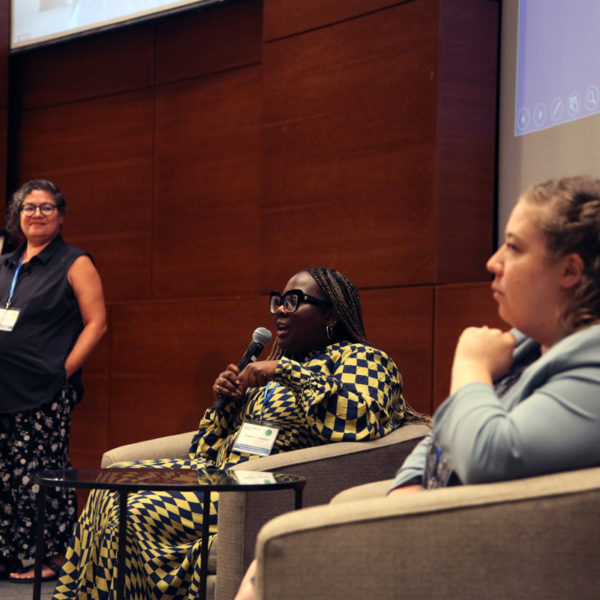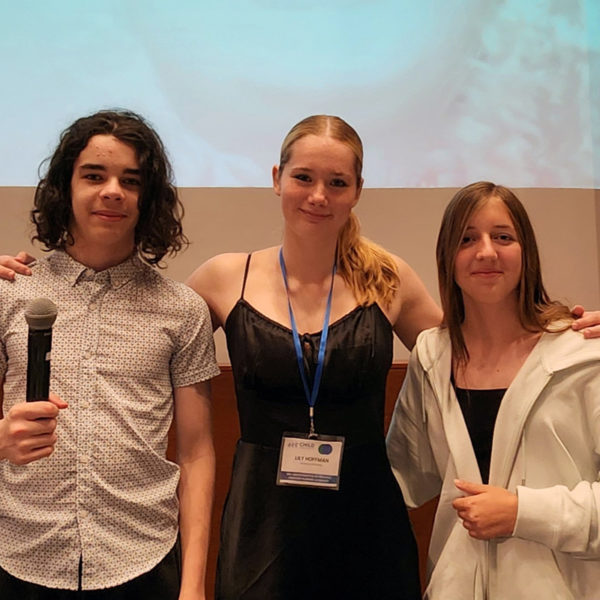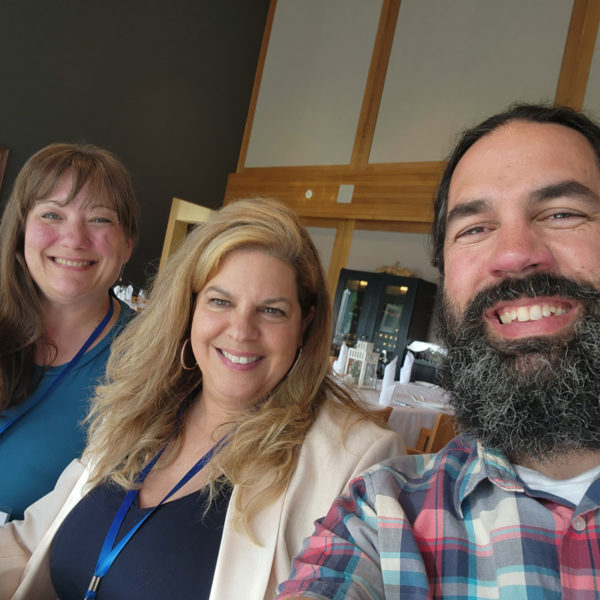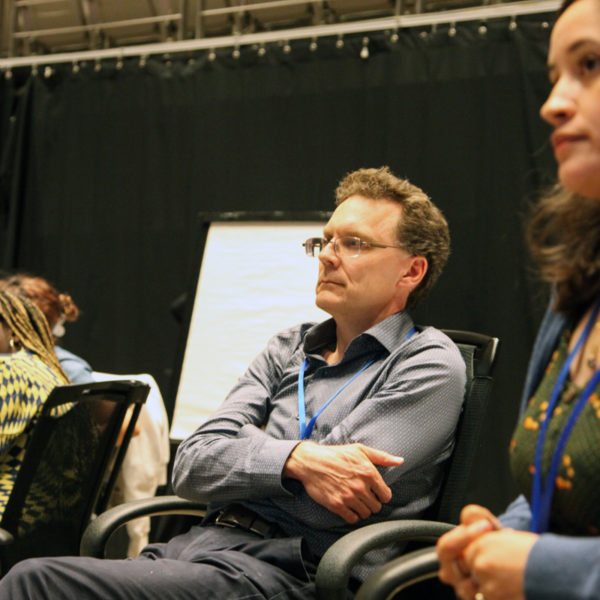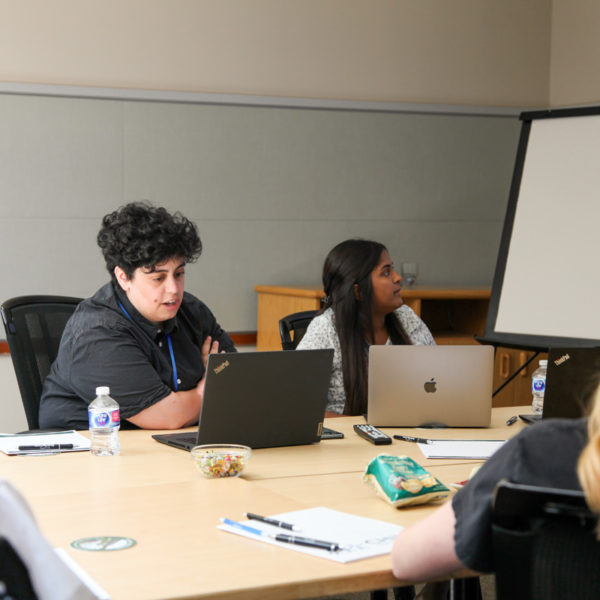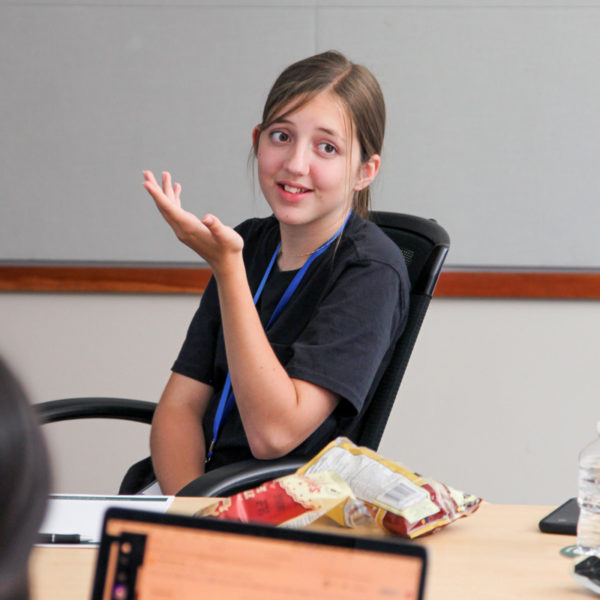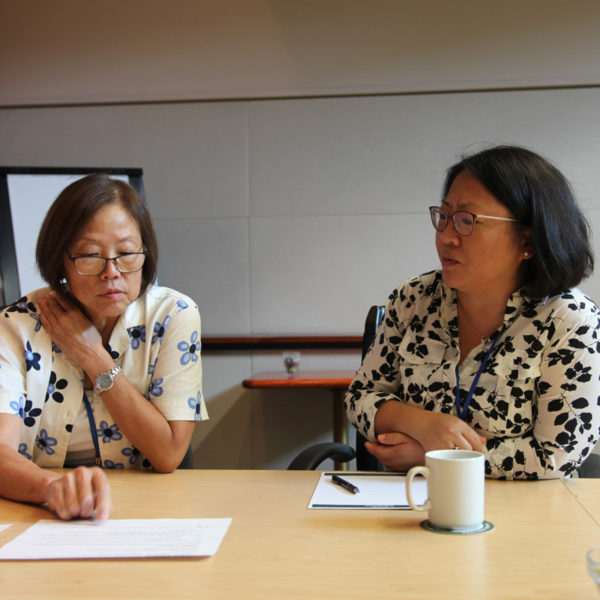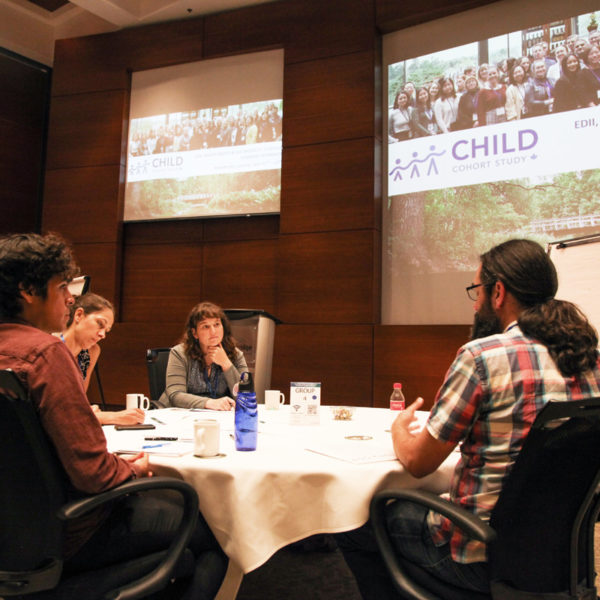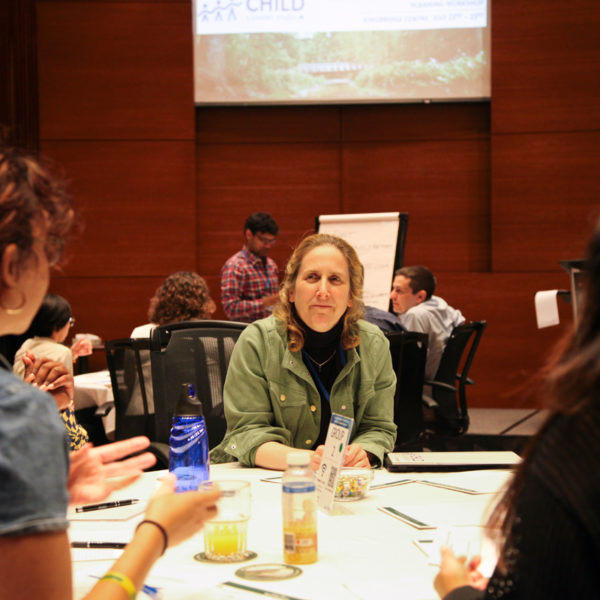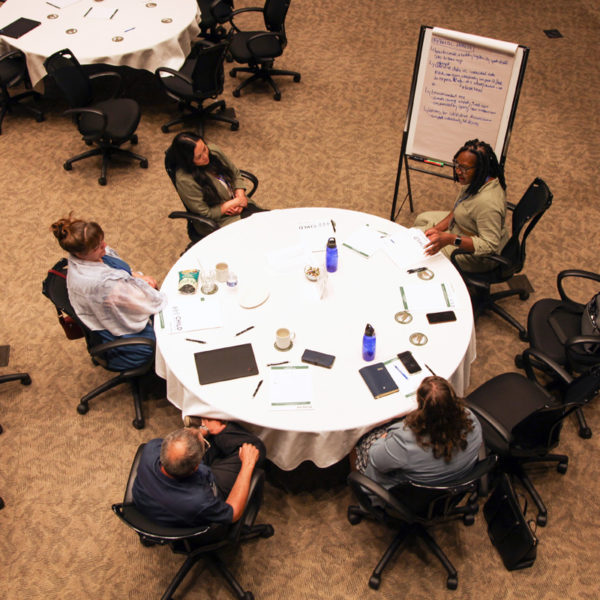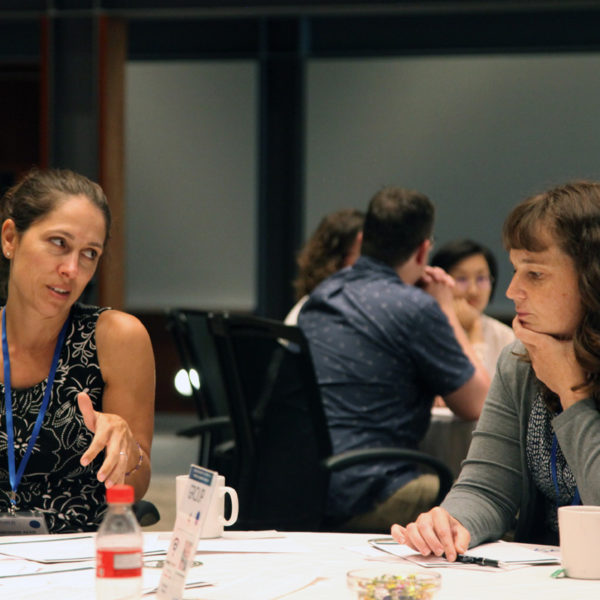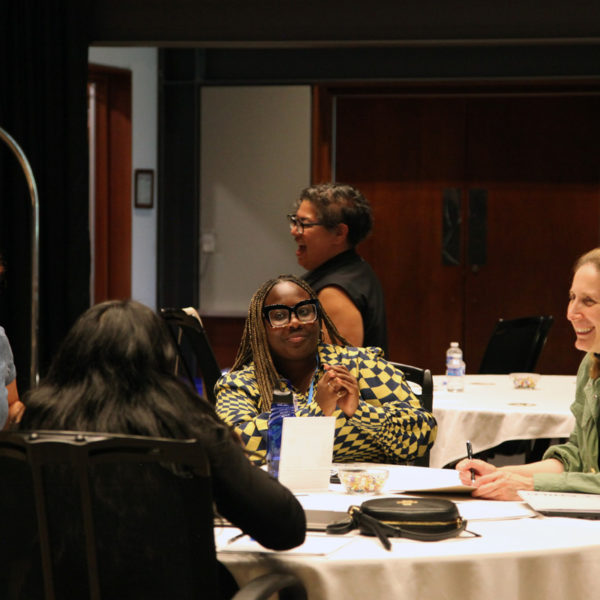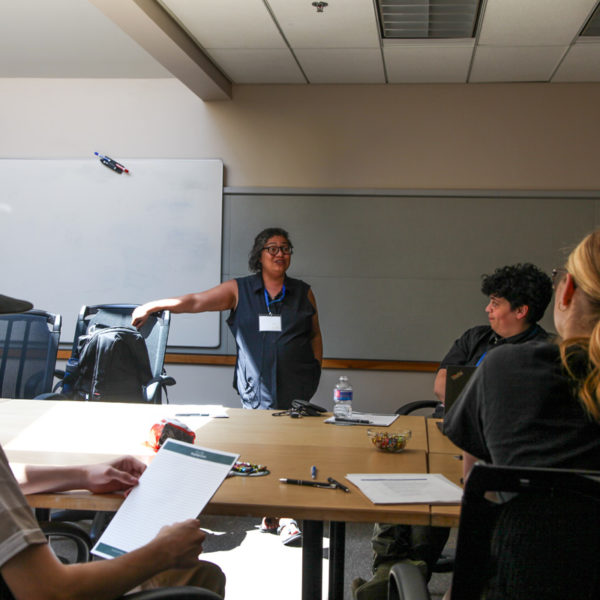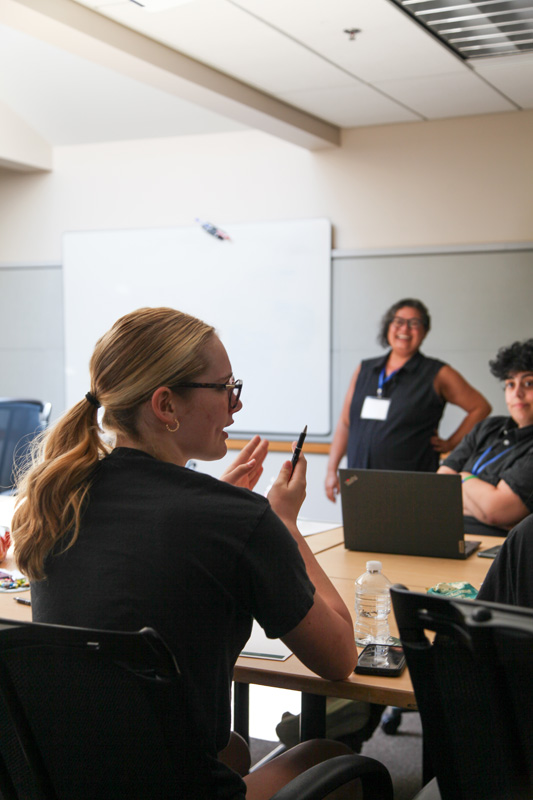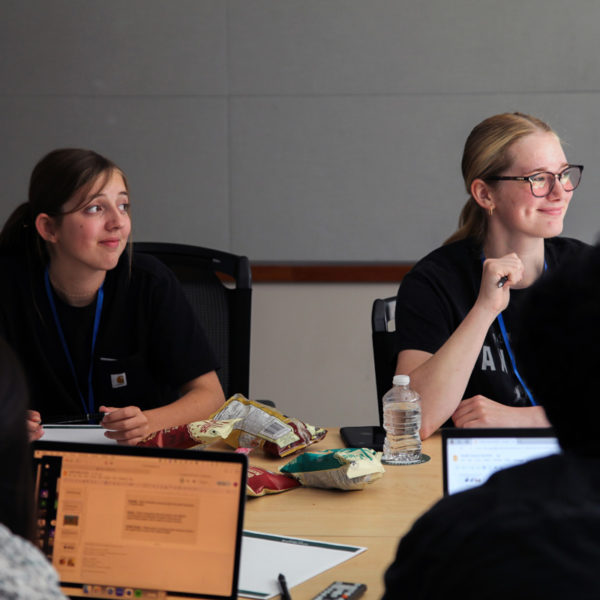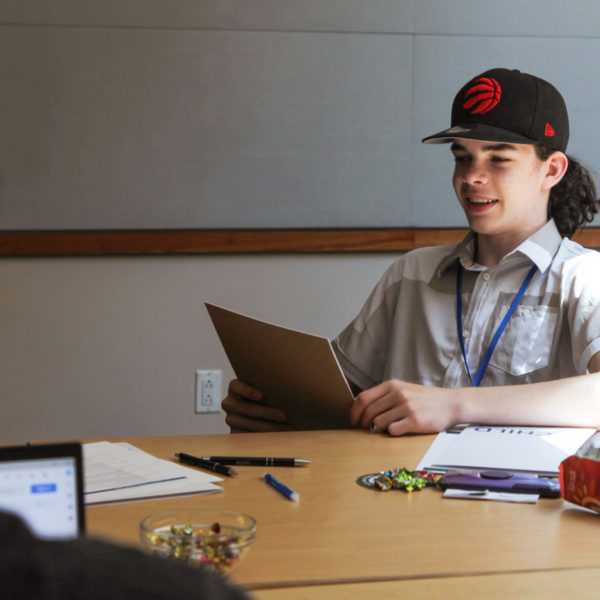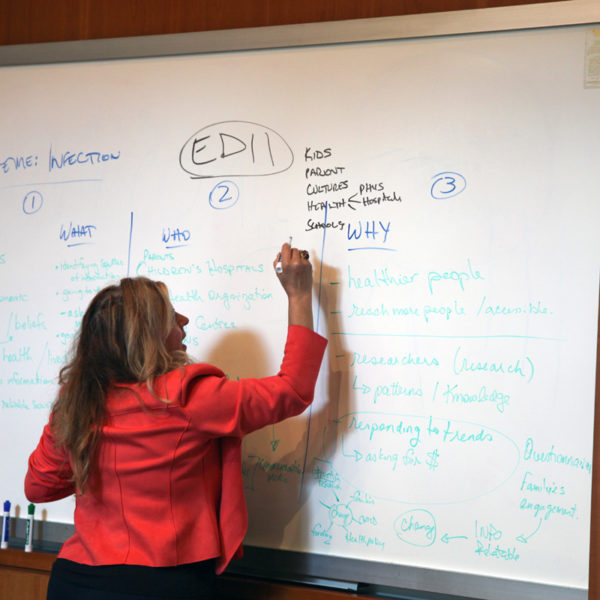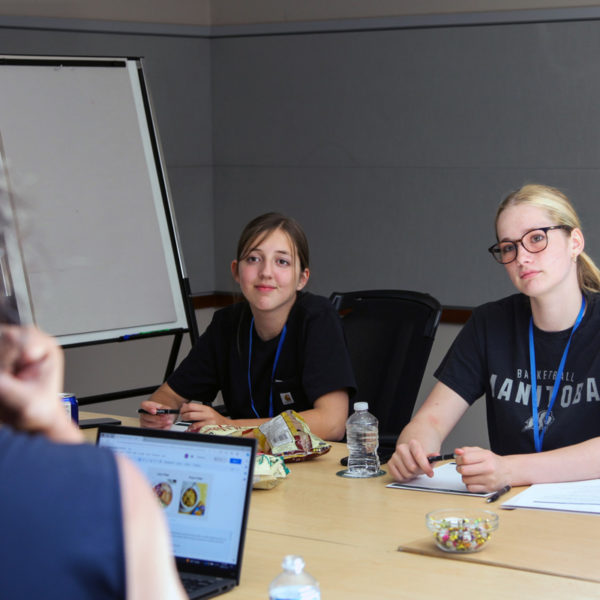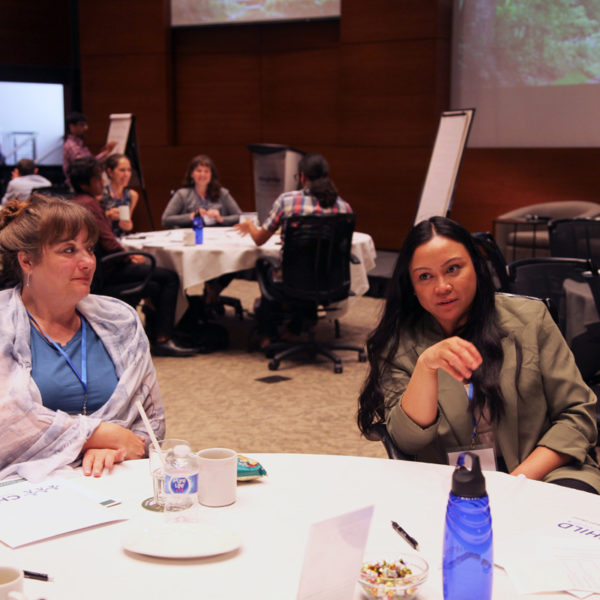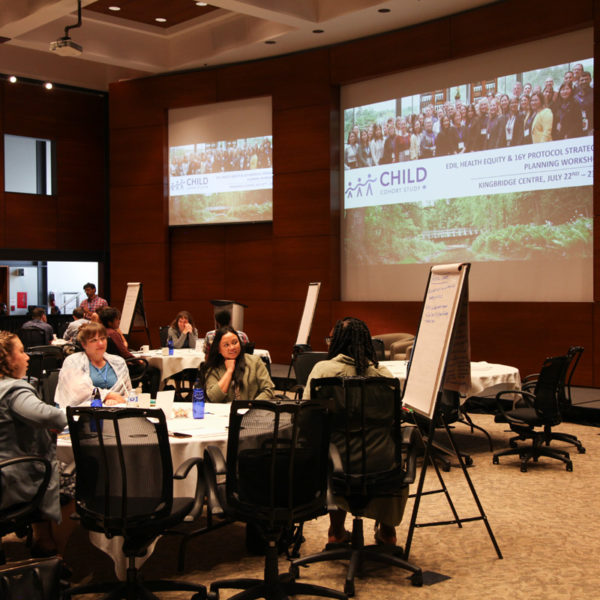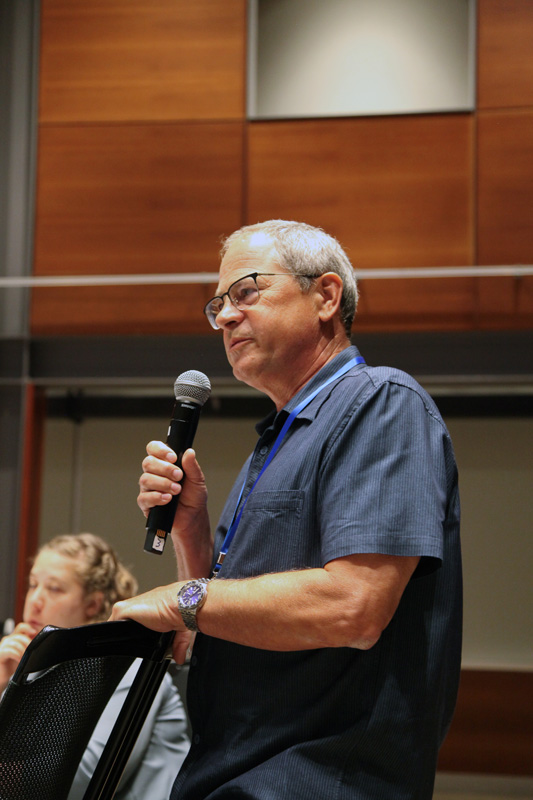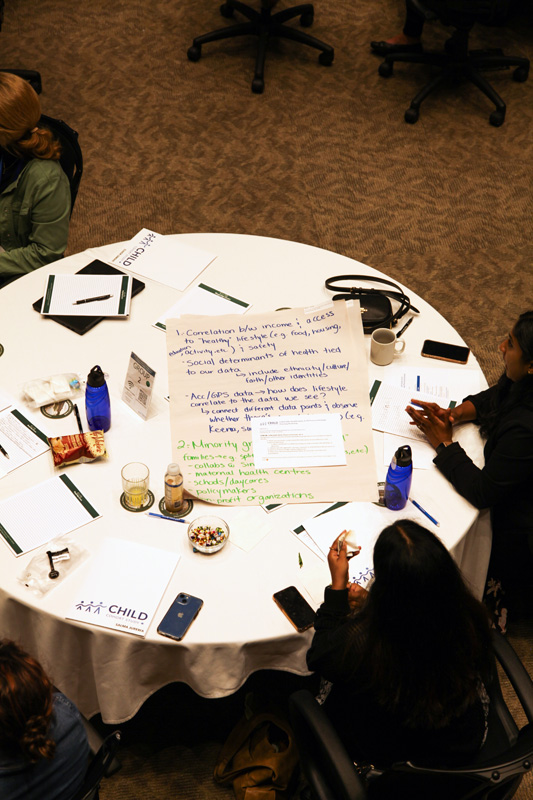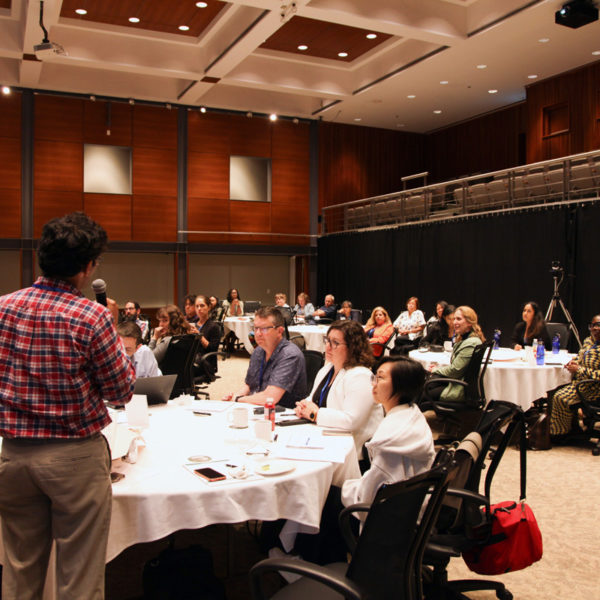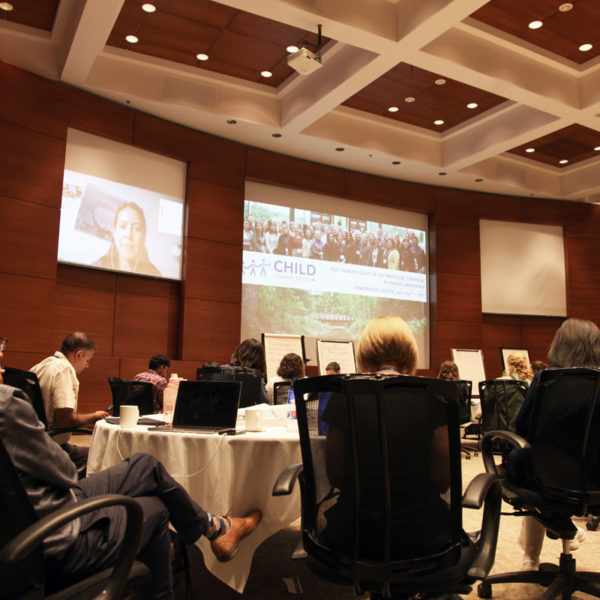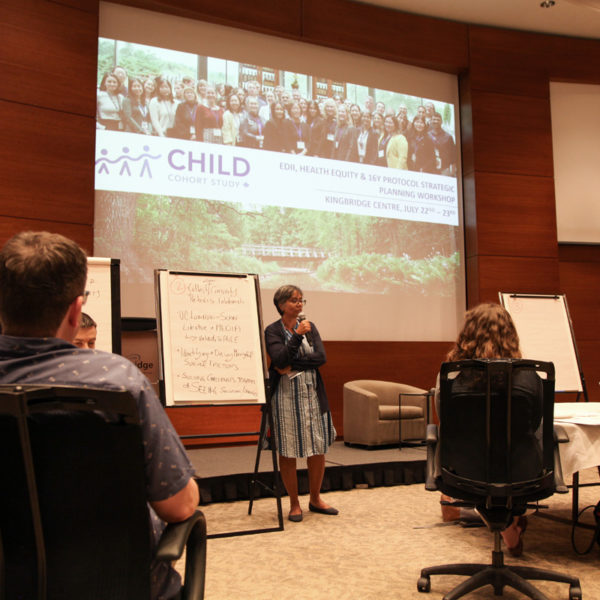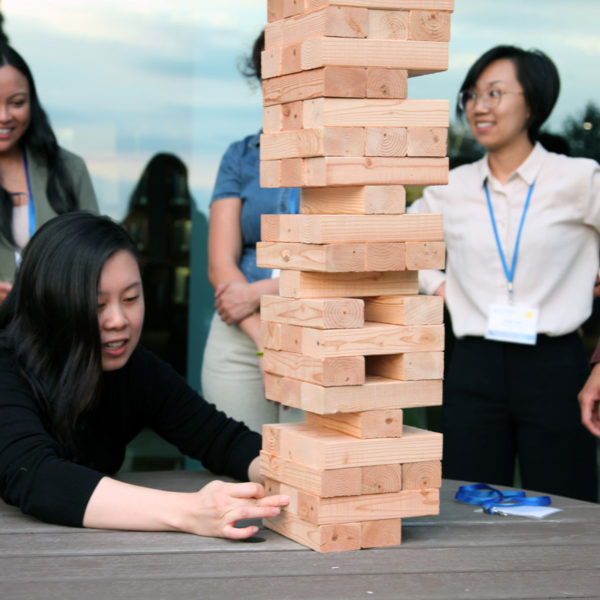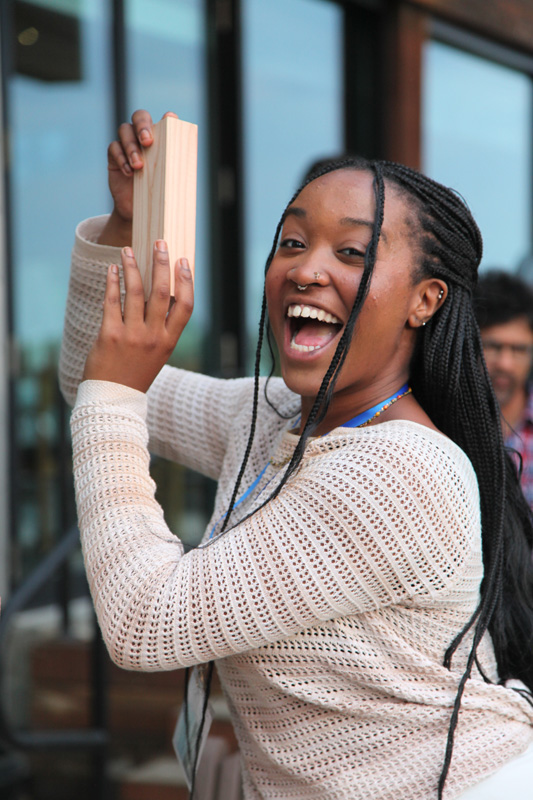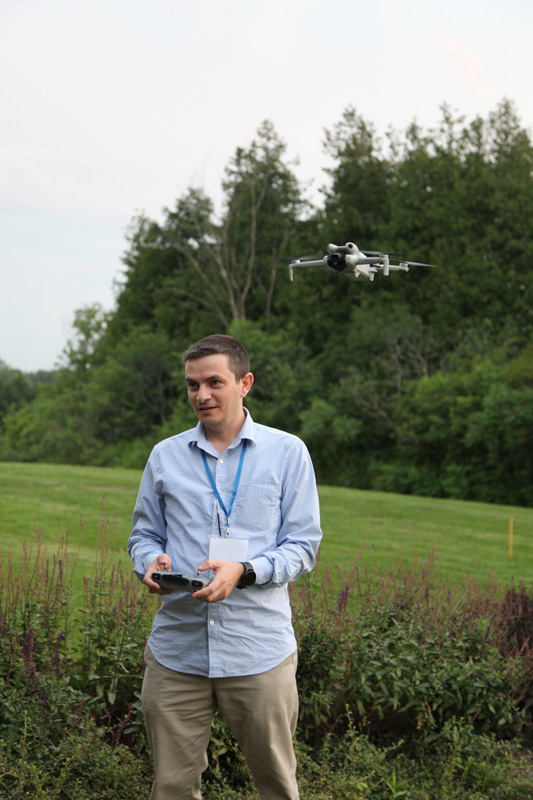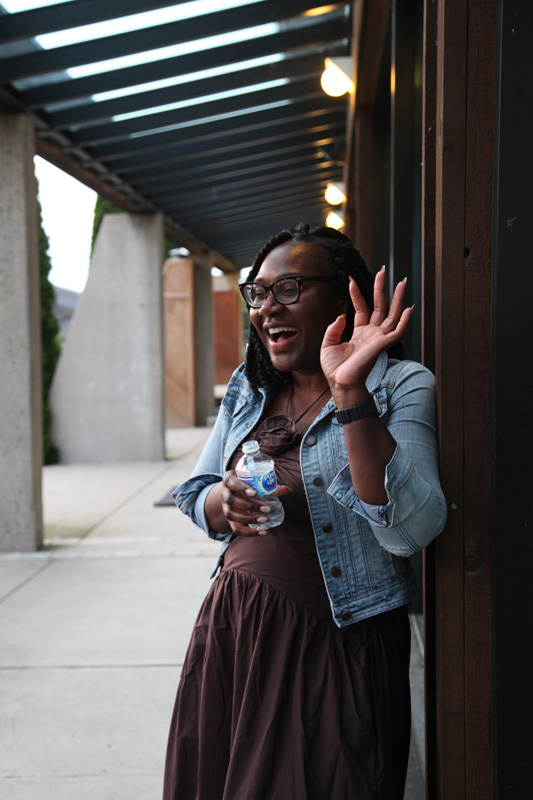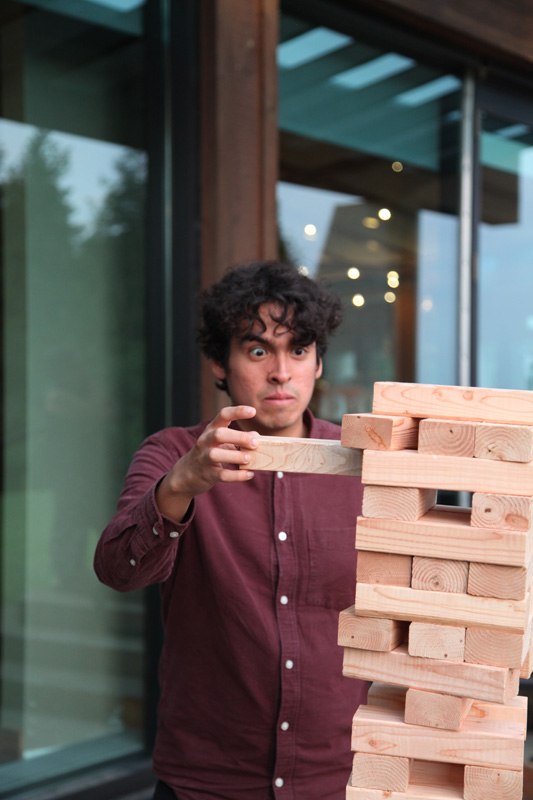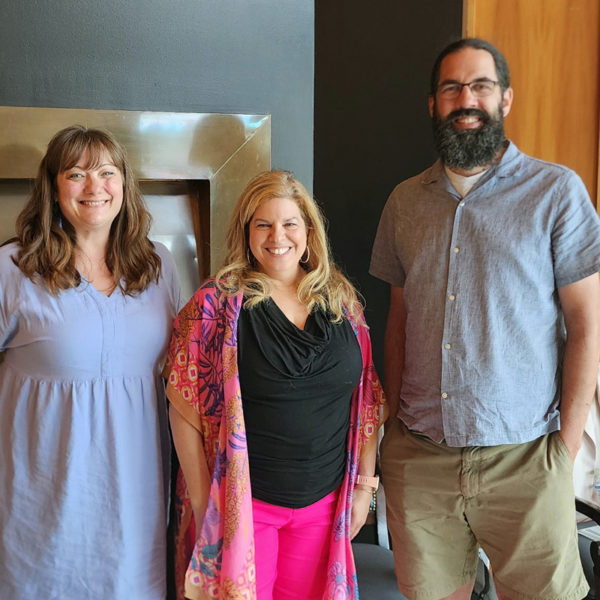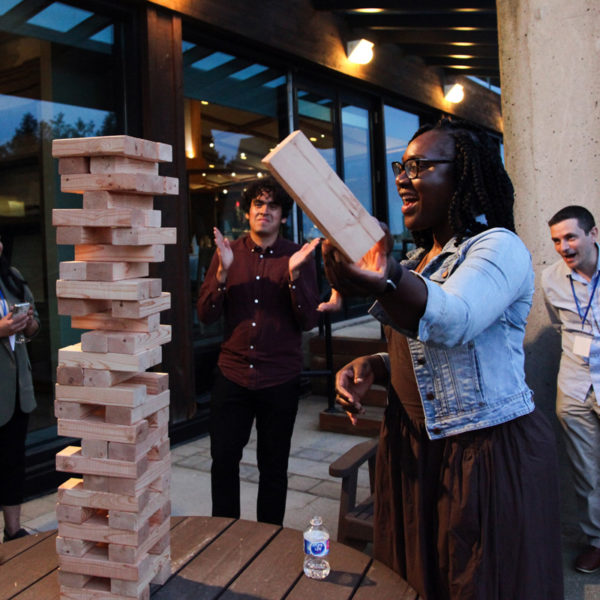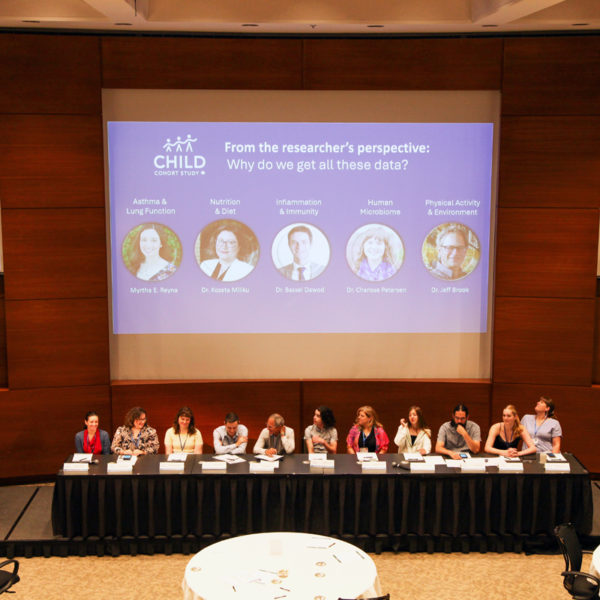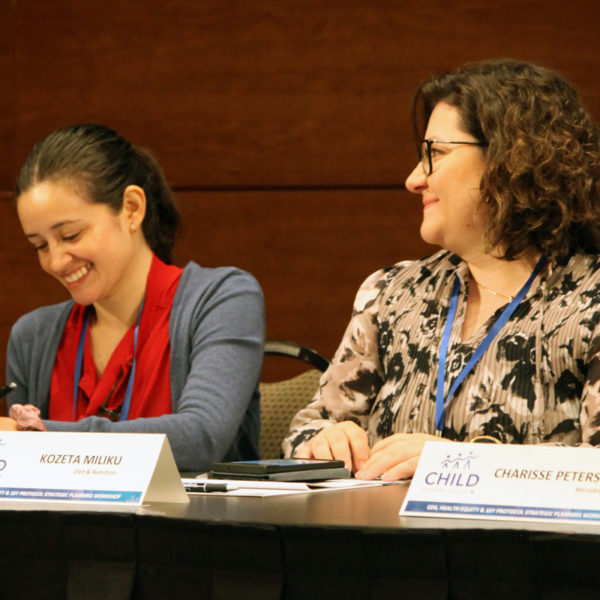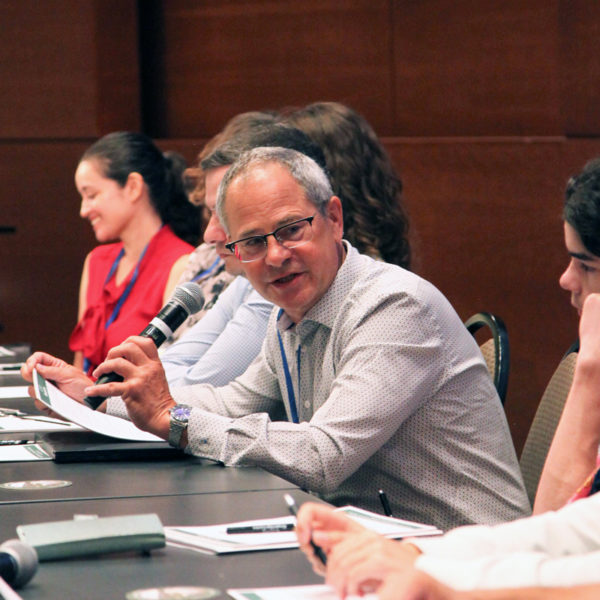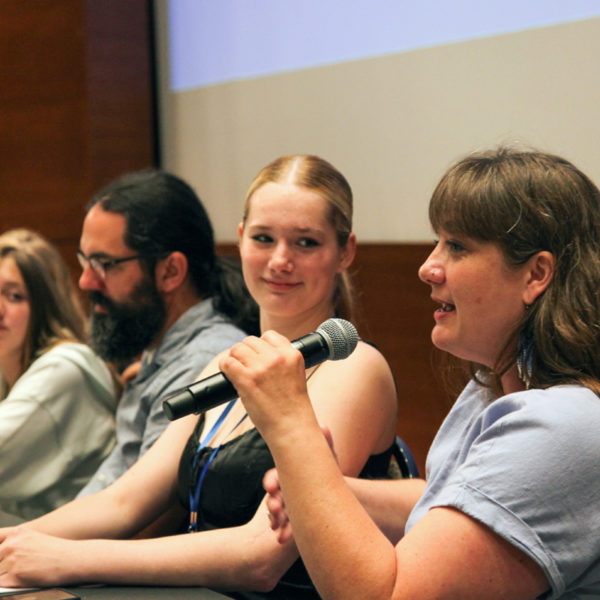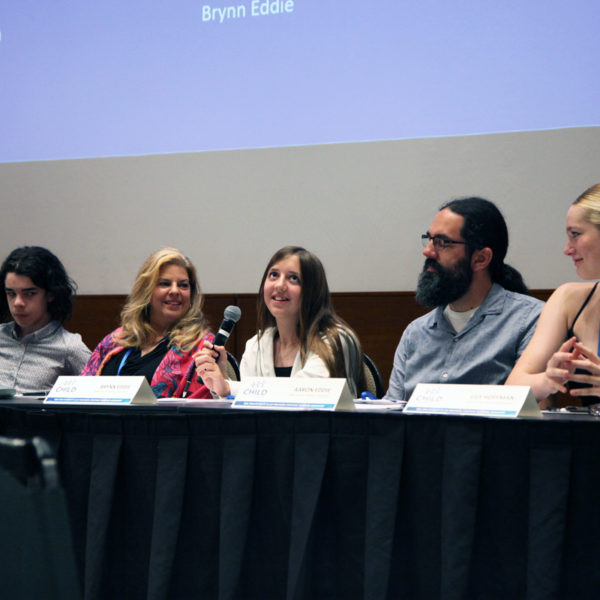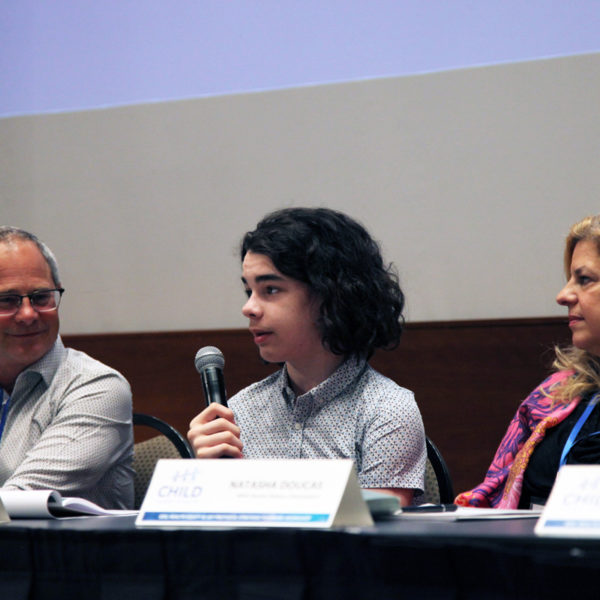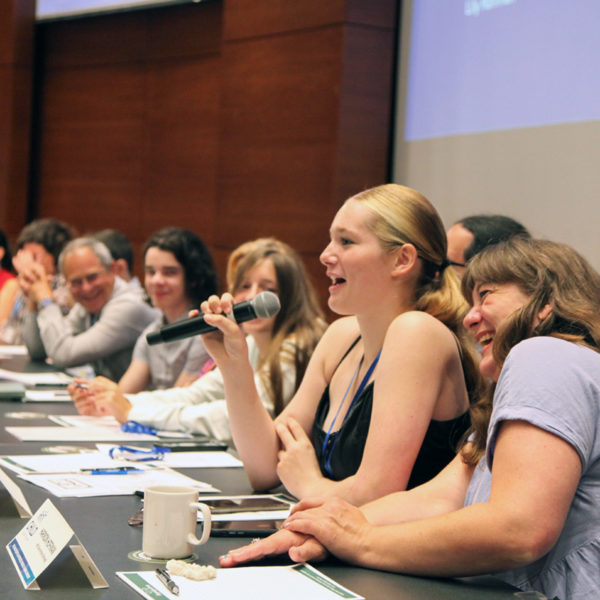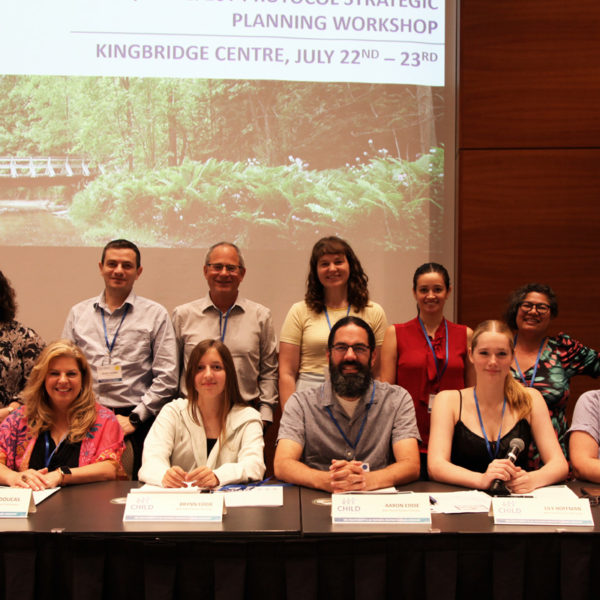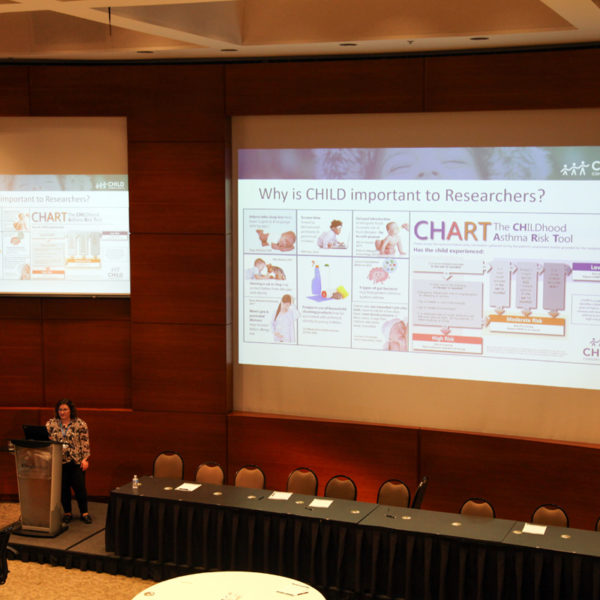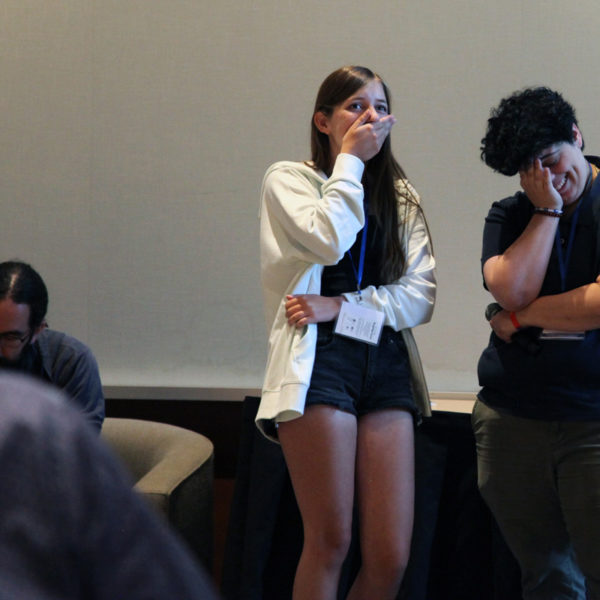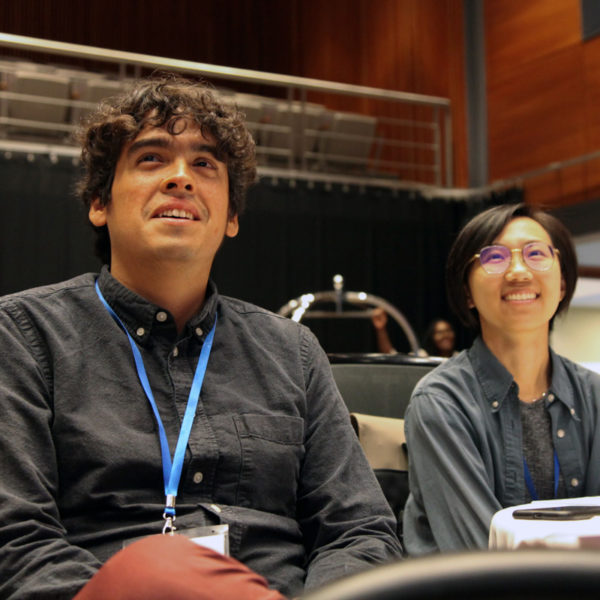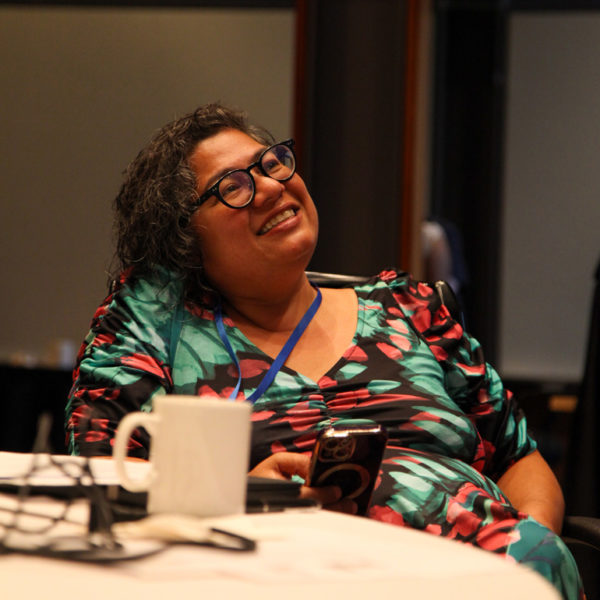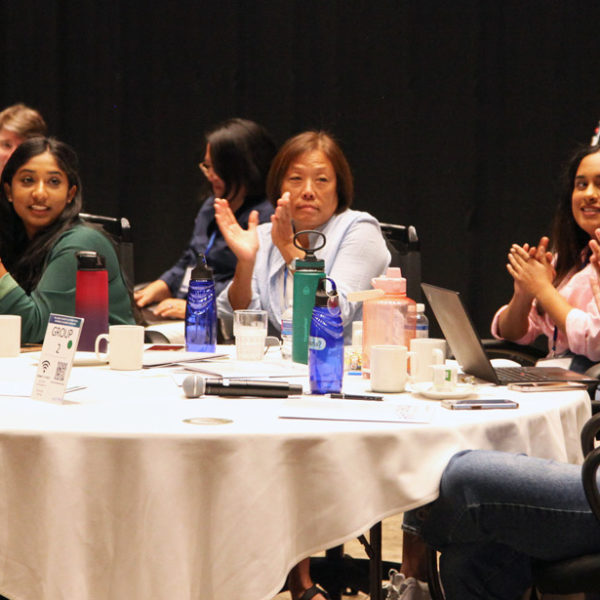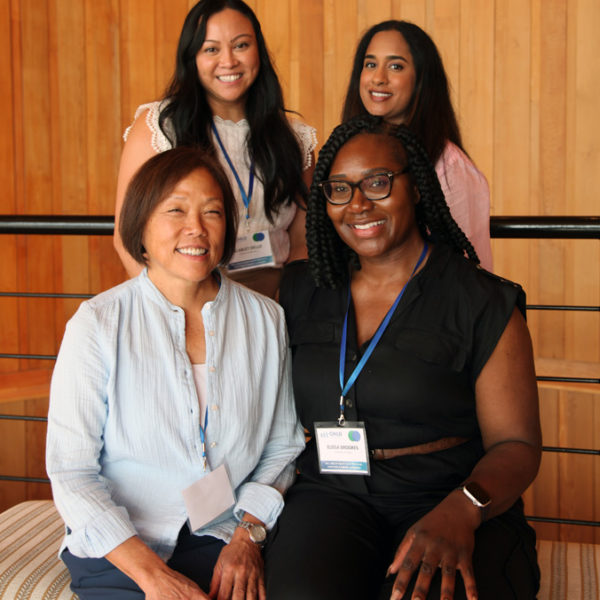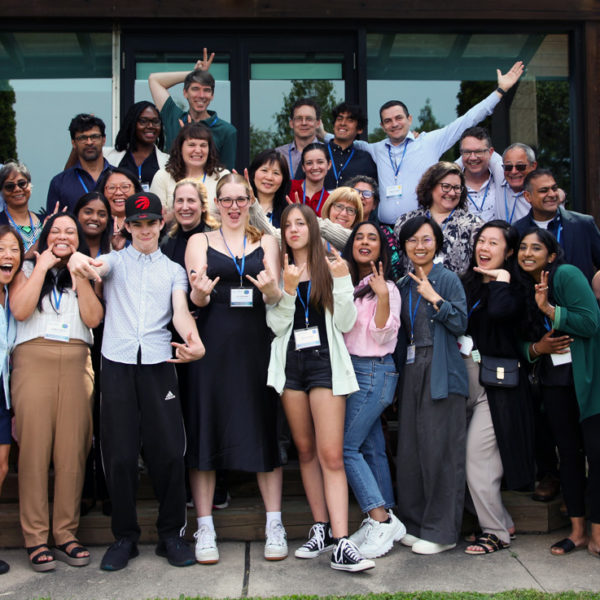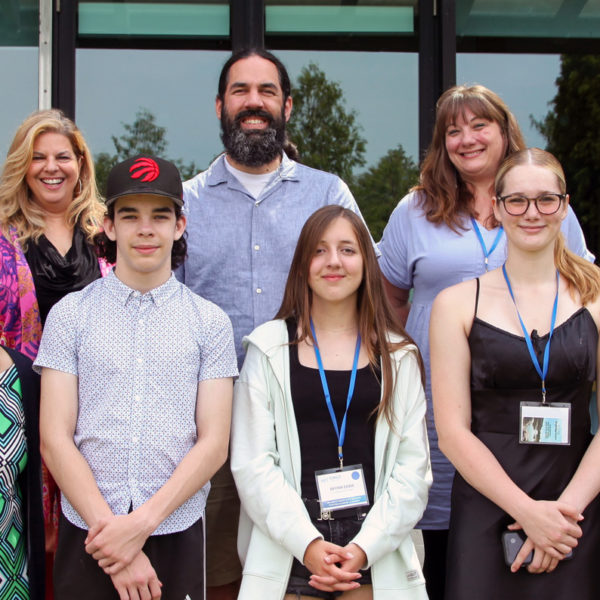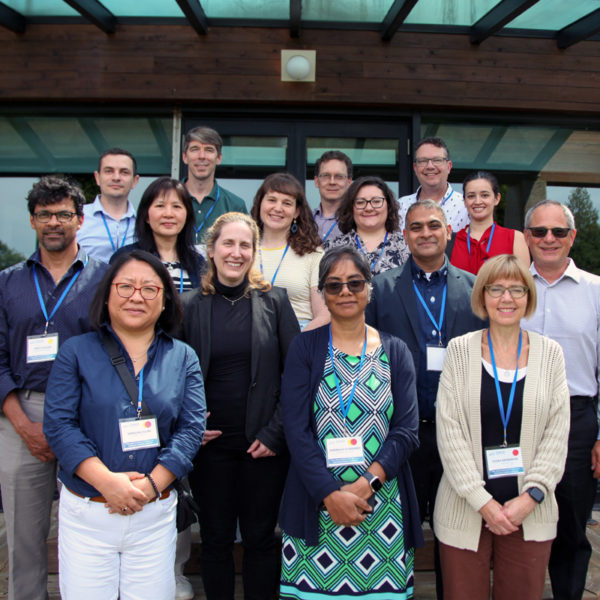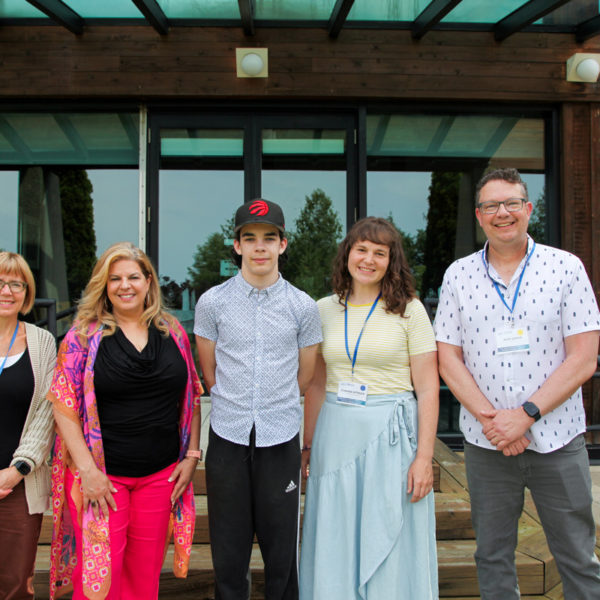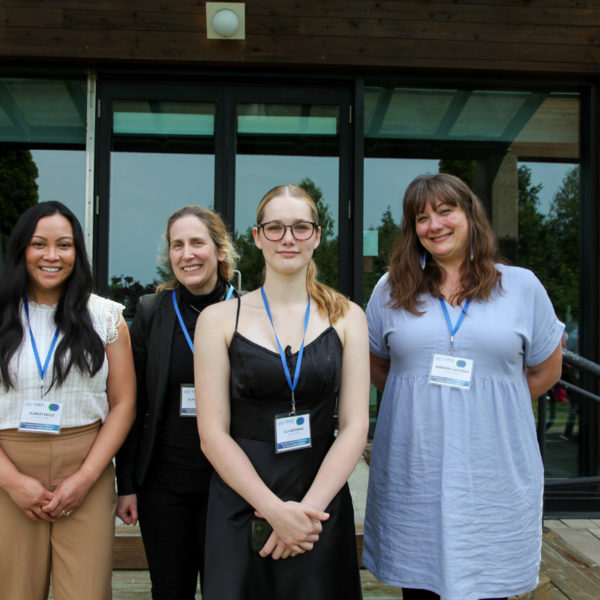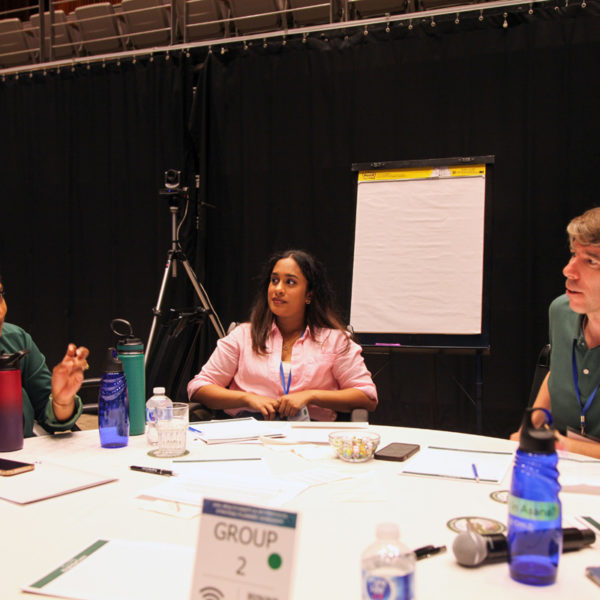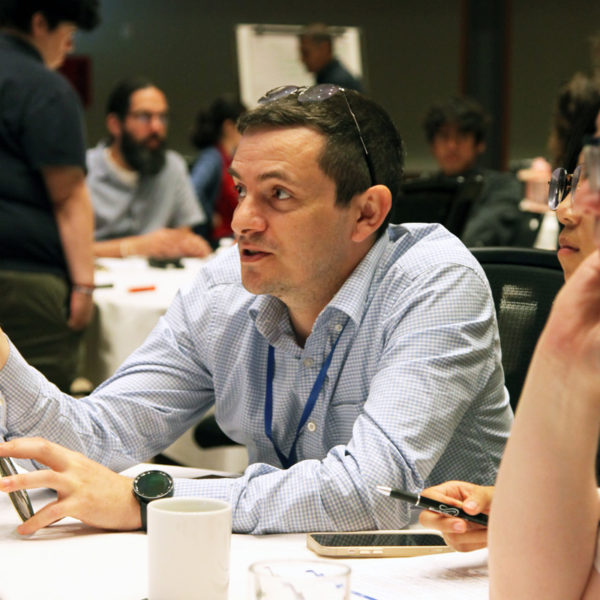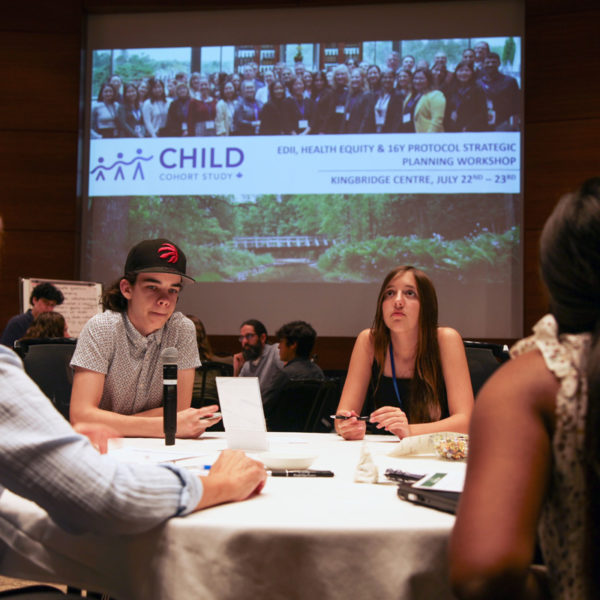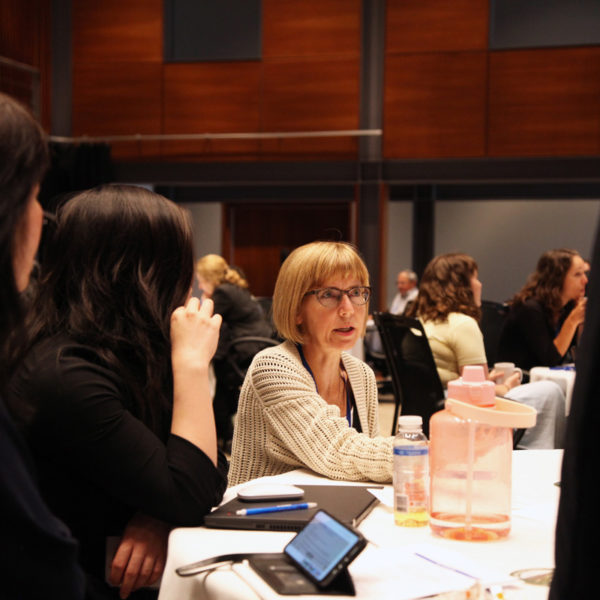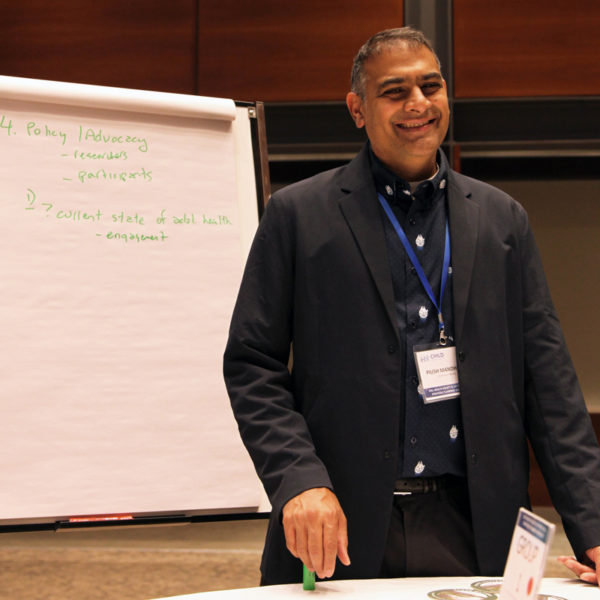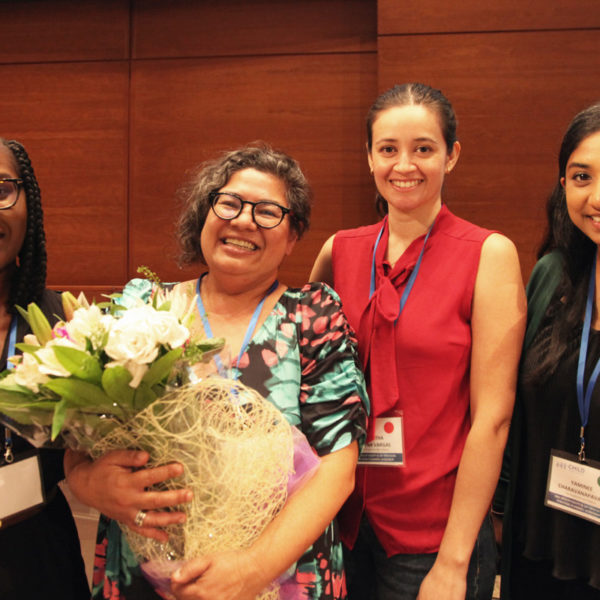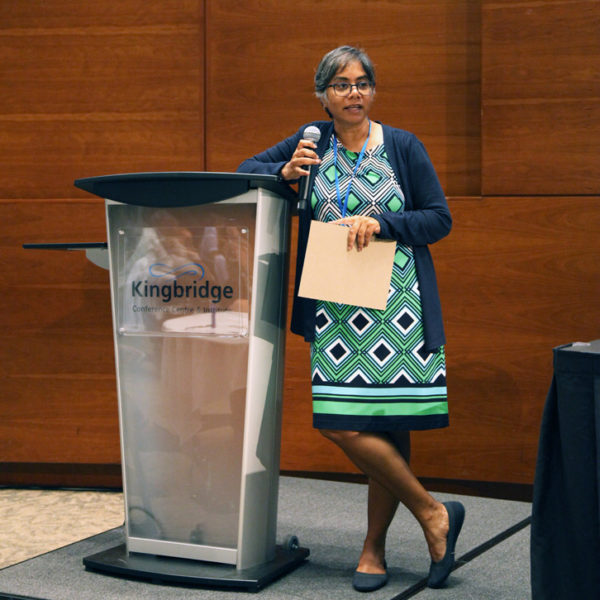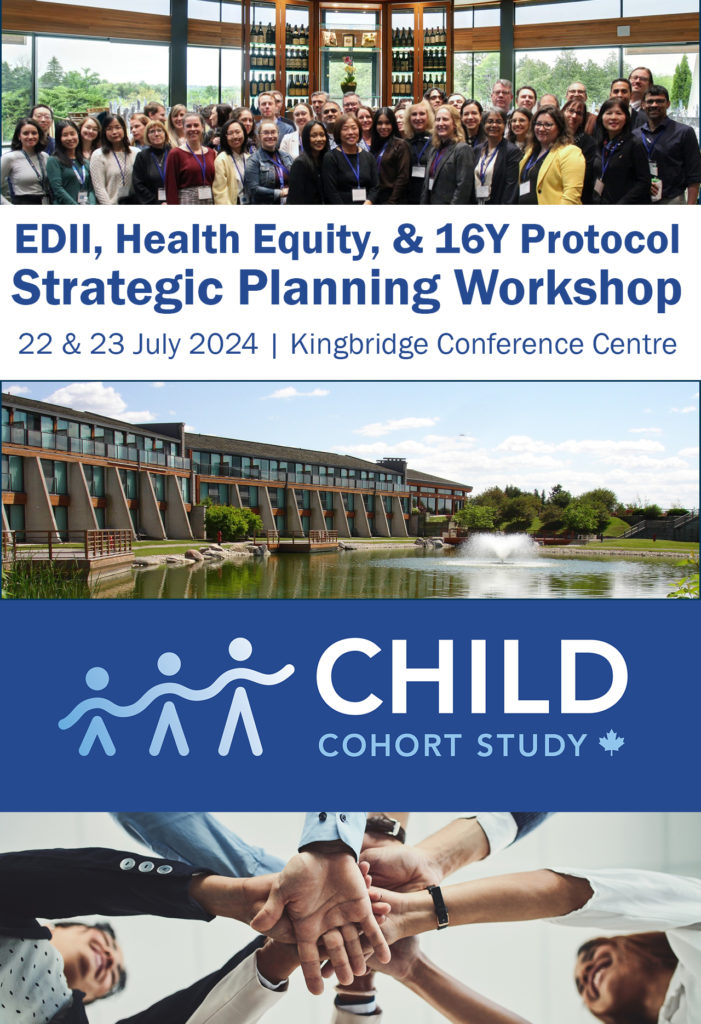Over two days in late July 2024, CHILD researchers and staff, together with parents and youth from CHILD’s National Participant Engagement Committee (NPEC) and a number of invited experts, gathered in the Kingbridge Centre, north of Toronto, to discuss the Study’s future.
The workshop aimed to advance the planning for two crucial elements of the Study: its Equity, Diversity, Inclusion, and Indigeneity (EDII) strategy; and the Study’s 16-year protocol, including proposed outcomes, assessments, questionnaires, and samples to collect, relevant to the age of CHILD’s near-adolescent cohort.
“As we approach our 16-year CHILD visits, we are at a pivotal stage where we can involve key members of the CHILD community to drive where the study is going in terms of design, strategy, engagement and knowledge mobilization,” commented CHILD Director Dr. Padmaja Subbarao.
“Gatherings like this are critical to ensuring CHILD stays relevant and impactful, and that we uphold the highest standards when it comes to ethics and inclusivity.”
Among the invited guests were Dr. Francine Buchanan of The Hospital for Sick Children (SickKids), who acted as the main facilitator. Dr. Erin Kraft and Tamara Greaves, both also from SickKids, led the discussion on EDI and unconscious biases. Drs Alexandra and Malcolm King, husband and wife health researchers and First Nations members both based at the University of Saskatchewan, engaged participants on the topic of indigenous inclusion in research and data governance.
The program included panel presentations and working group discussions focusing on data usage, health equity, emerging research priorities, and the lived experience of families in CHILD. A highlight was the video created by the three attending CHILD youth, in which they acted out scenarios to illustrate their concerns about mental health issues among youth and health inequities related to socio-economic status.
In a post-event evaluation survey, respondents rated their overall satisfaction with the workshop an average of 4.4 out of 5, with 5 signifying”extremely satisfied.” Seventy percent said the event exceeded their expectations, while the other 30% said it met theirs. Similarly, respondents considered the event facilitator, Dr. Buchanan, to have performed almost exclusively either “very well” or “extremely well” on various criteria relating to her role.
When it came to assessing the workshop in more detail, with regard to 11 specific aspects of the workshop between 70% and 100% of respondents were either “somewhat satisfied” or “very satisfied.” The elements of the event that elicited the most universal satisfaction were “presenters/panelists,” with “overall content” close behind.
When asked what they liked most about the event, respondents mentioned: the time for discussion; the CHILD participants’ perspectives; the group activities; and “listening to the Study teens articulate the challenges they face now, their willingness to continue with CHILD, and their desire to get more involved.” On a related note, when asked how future workshops could be improved, more than one respondent suggested including more CHILD families.

